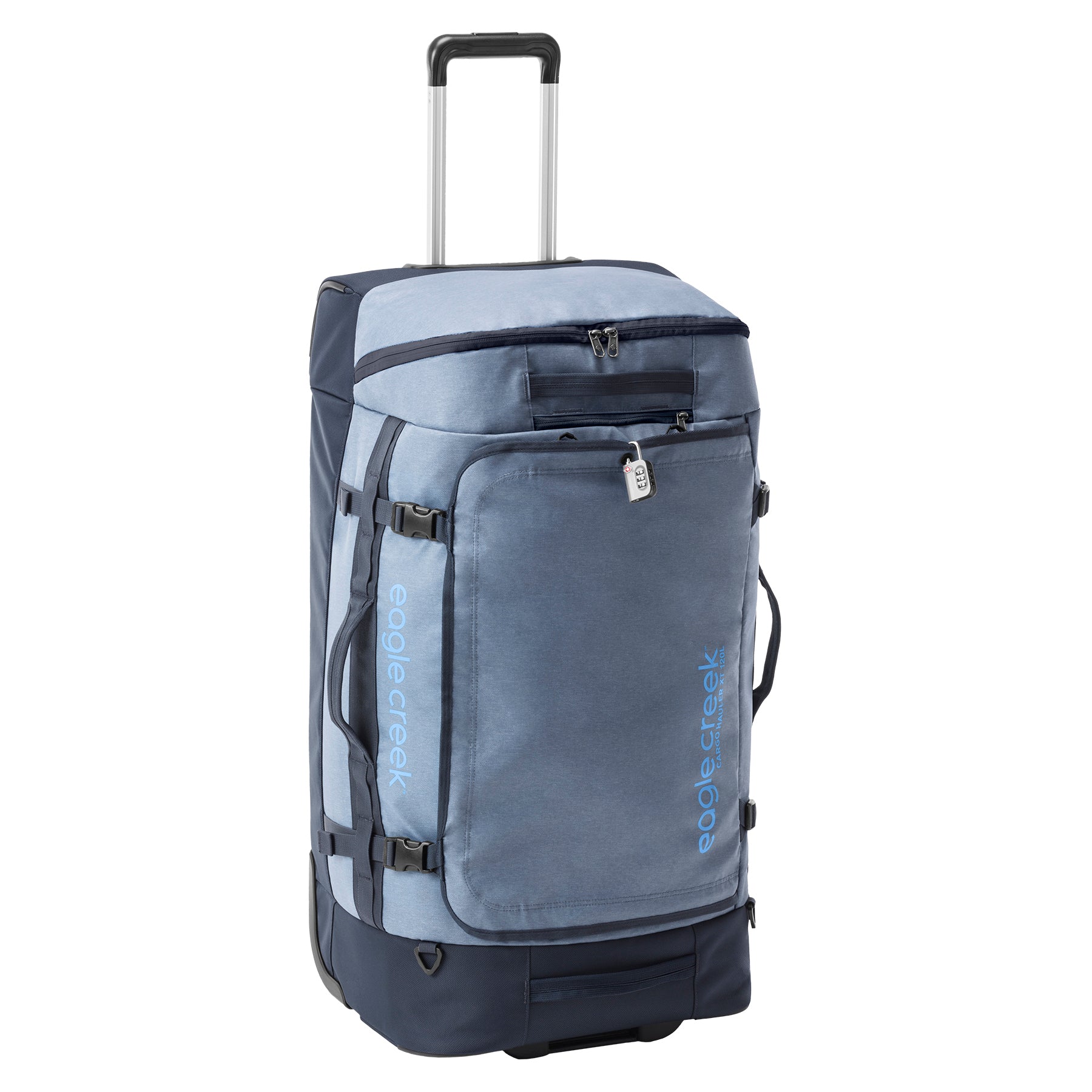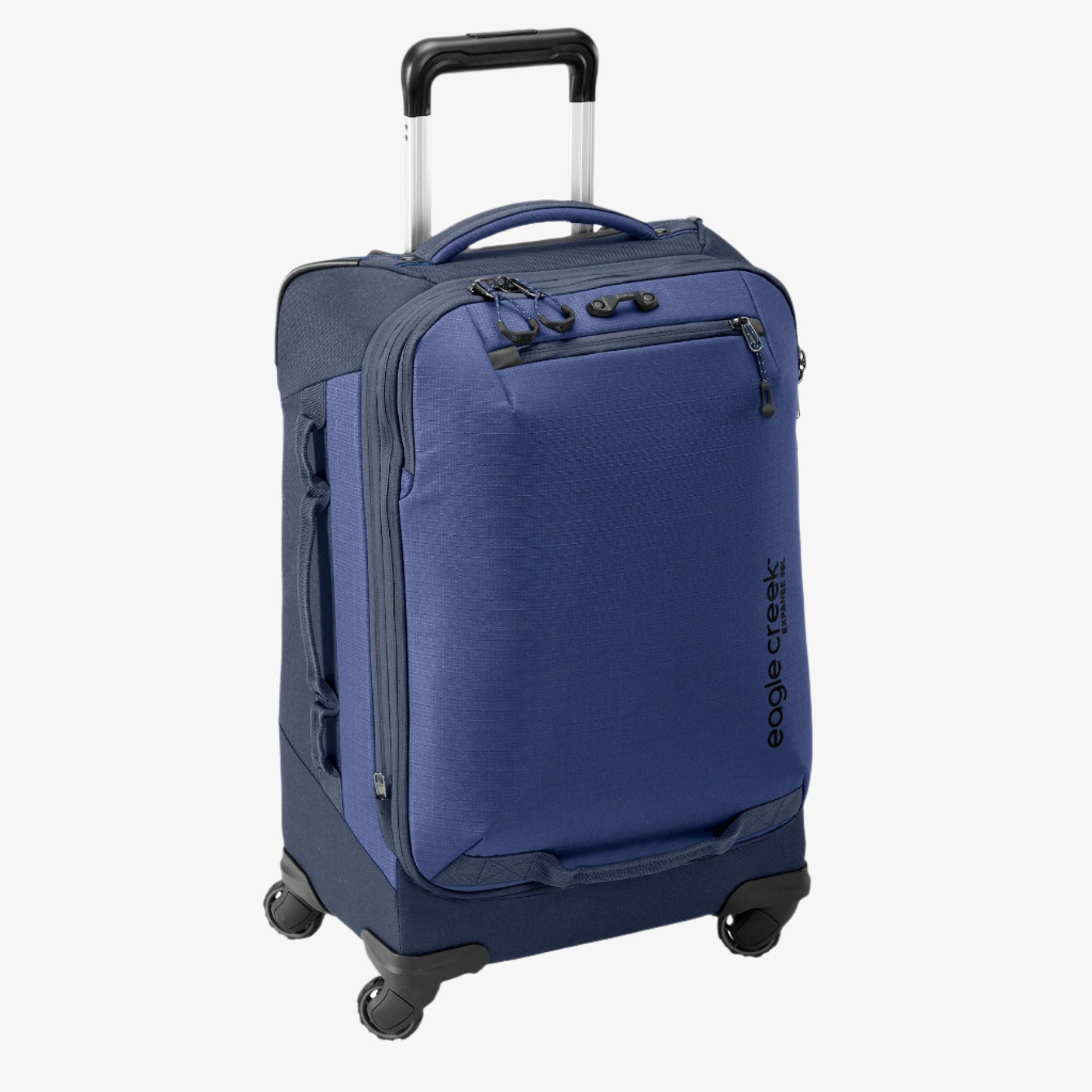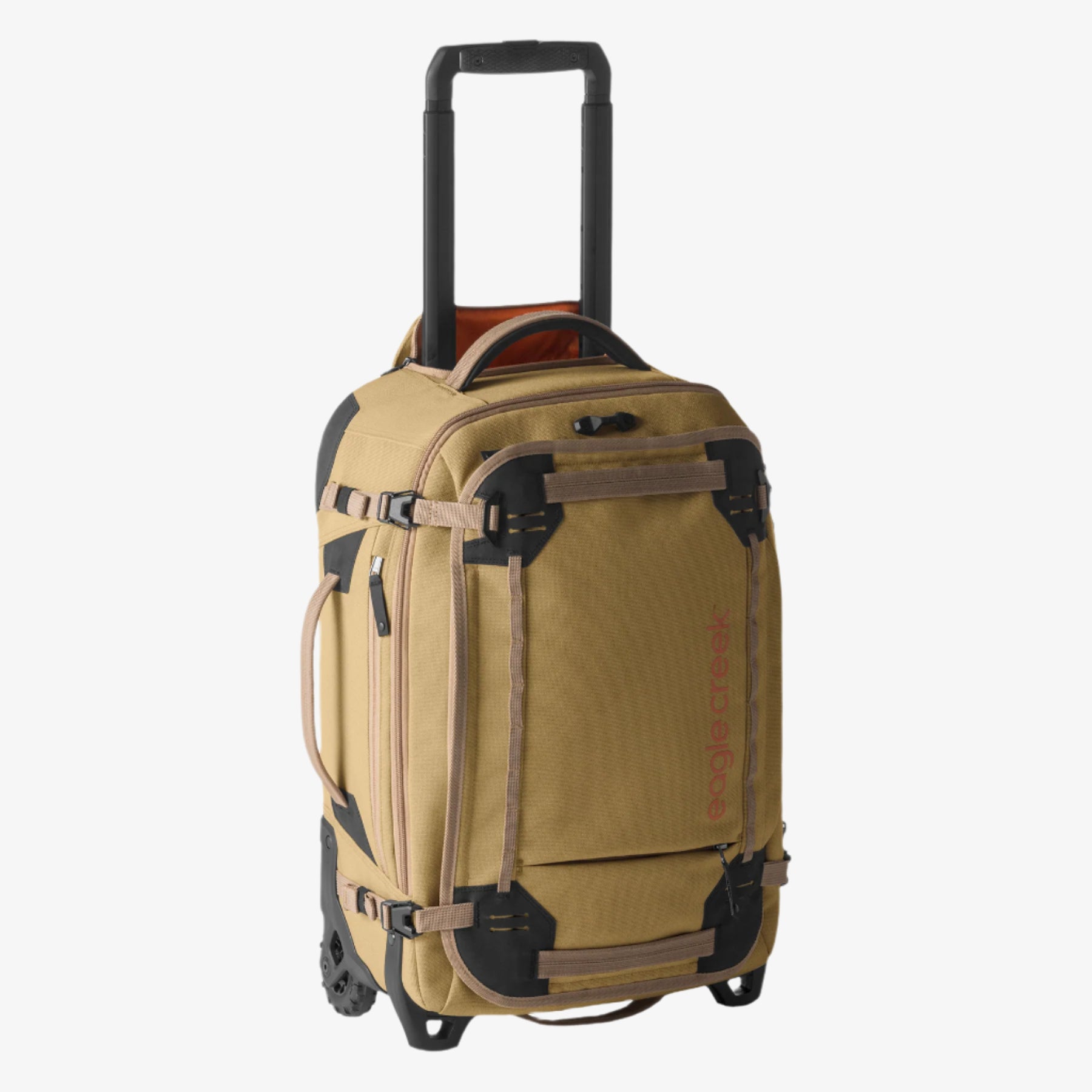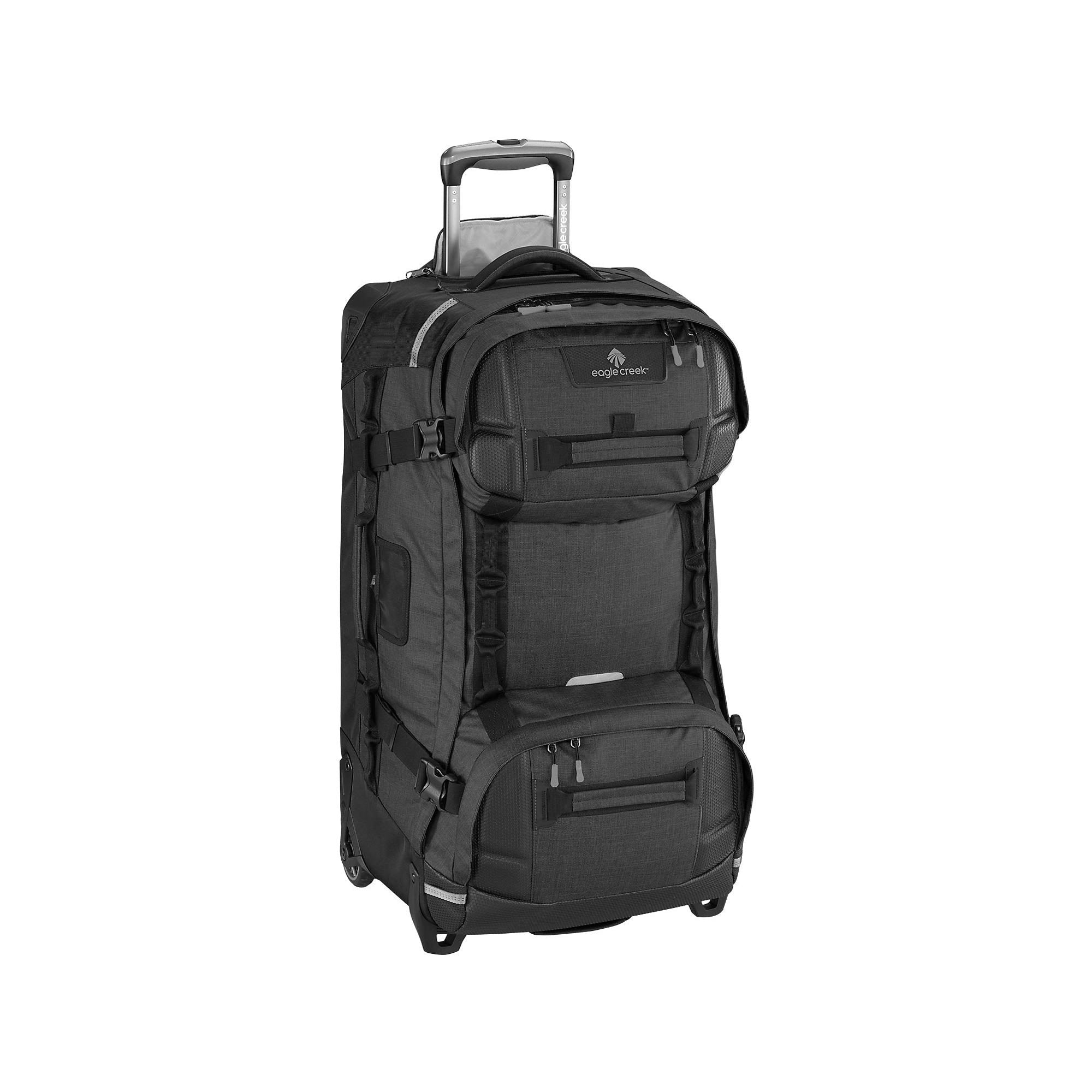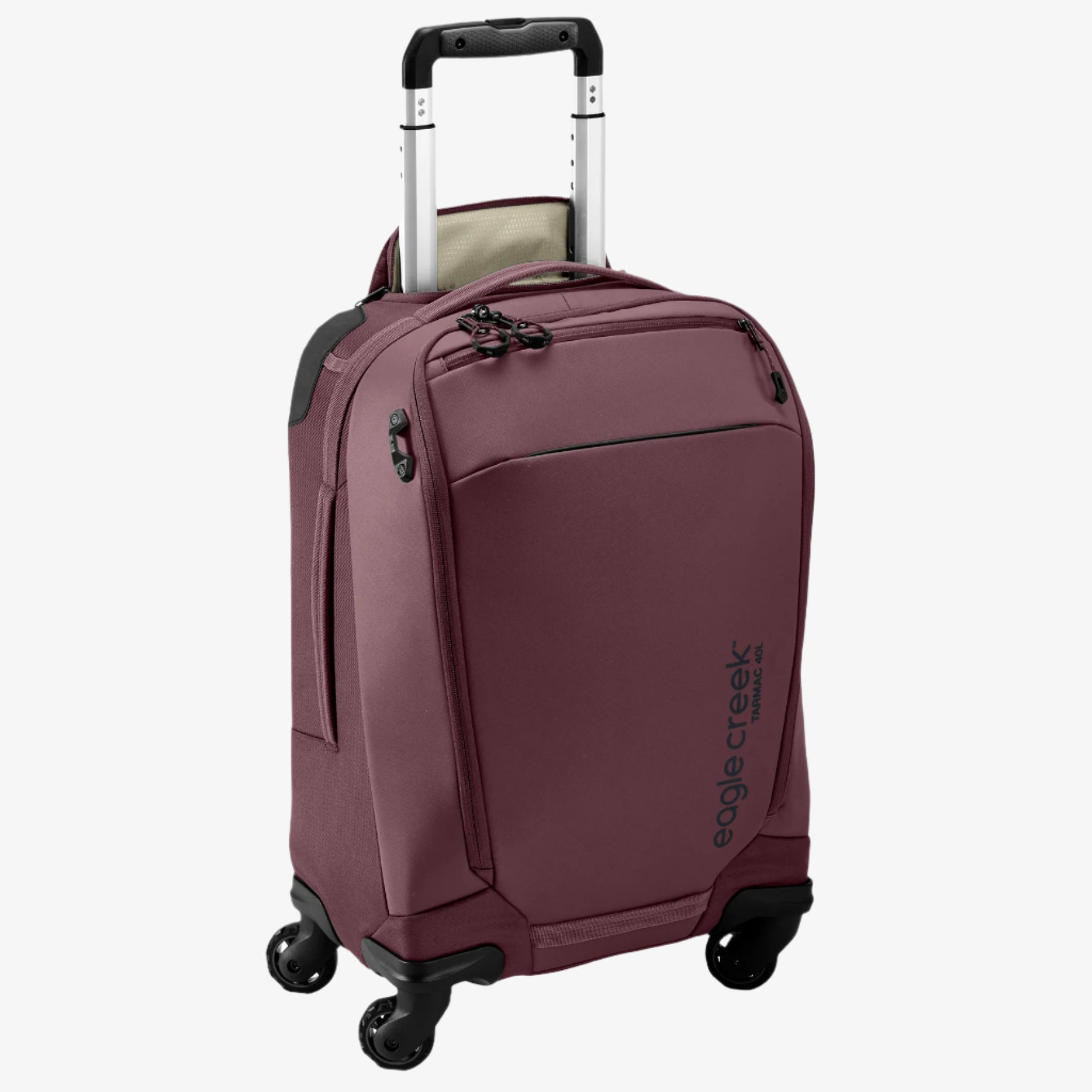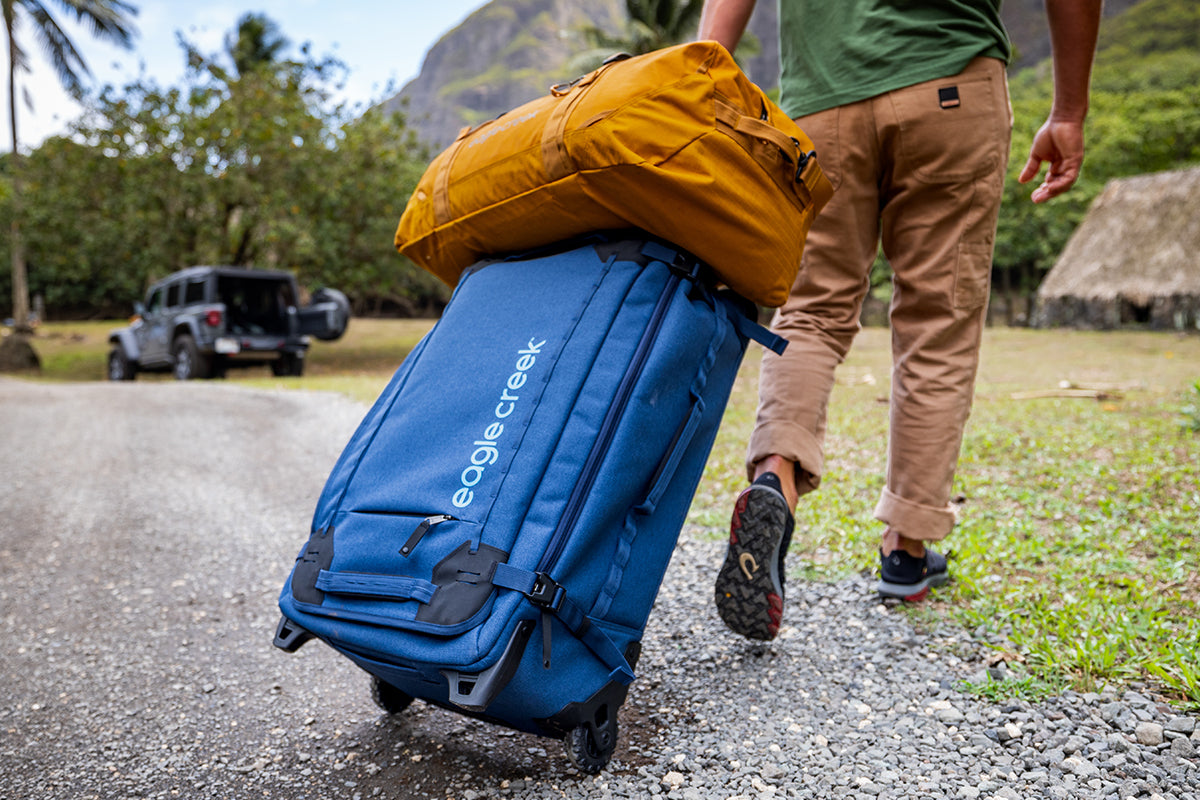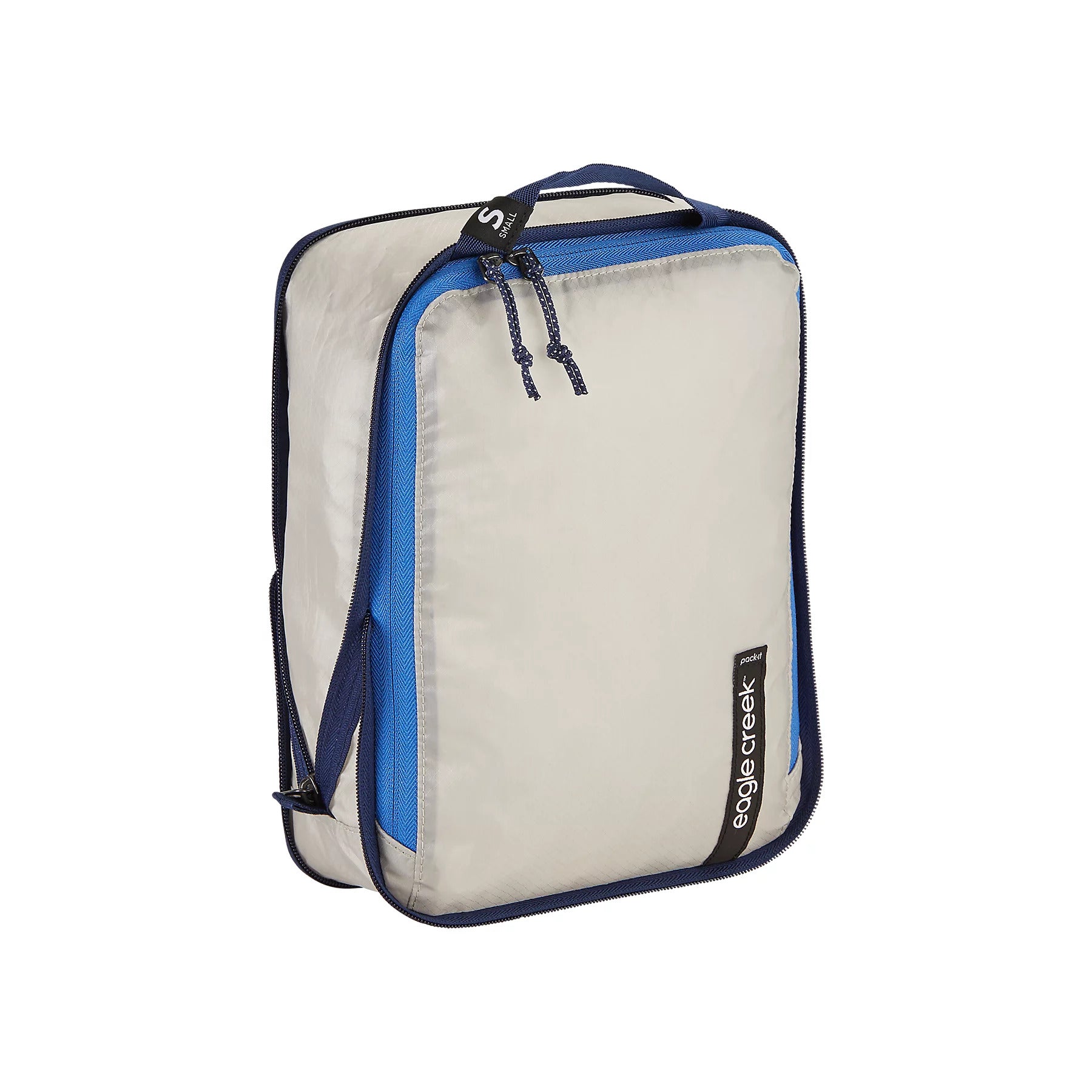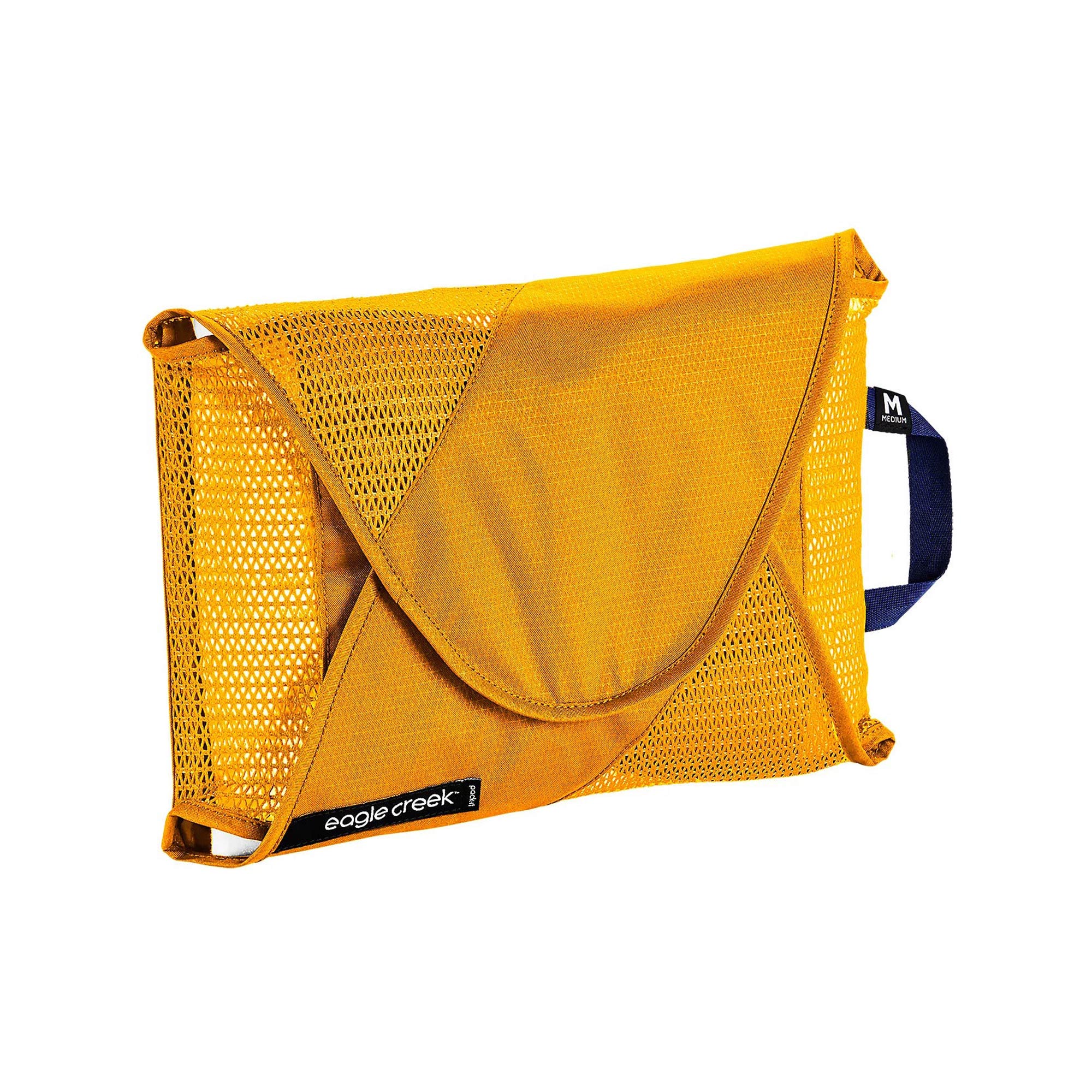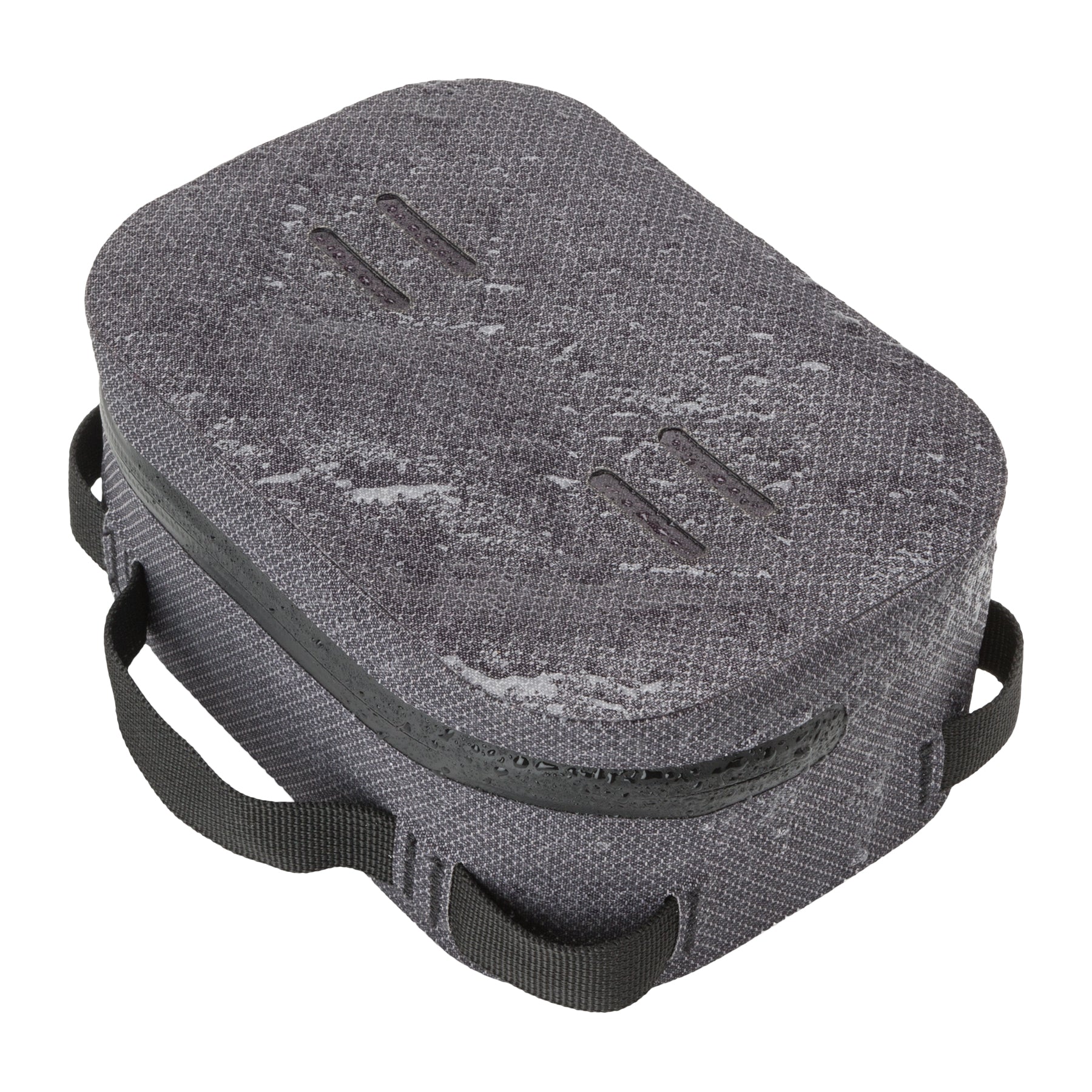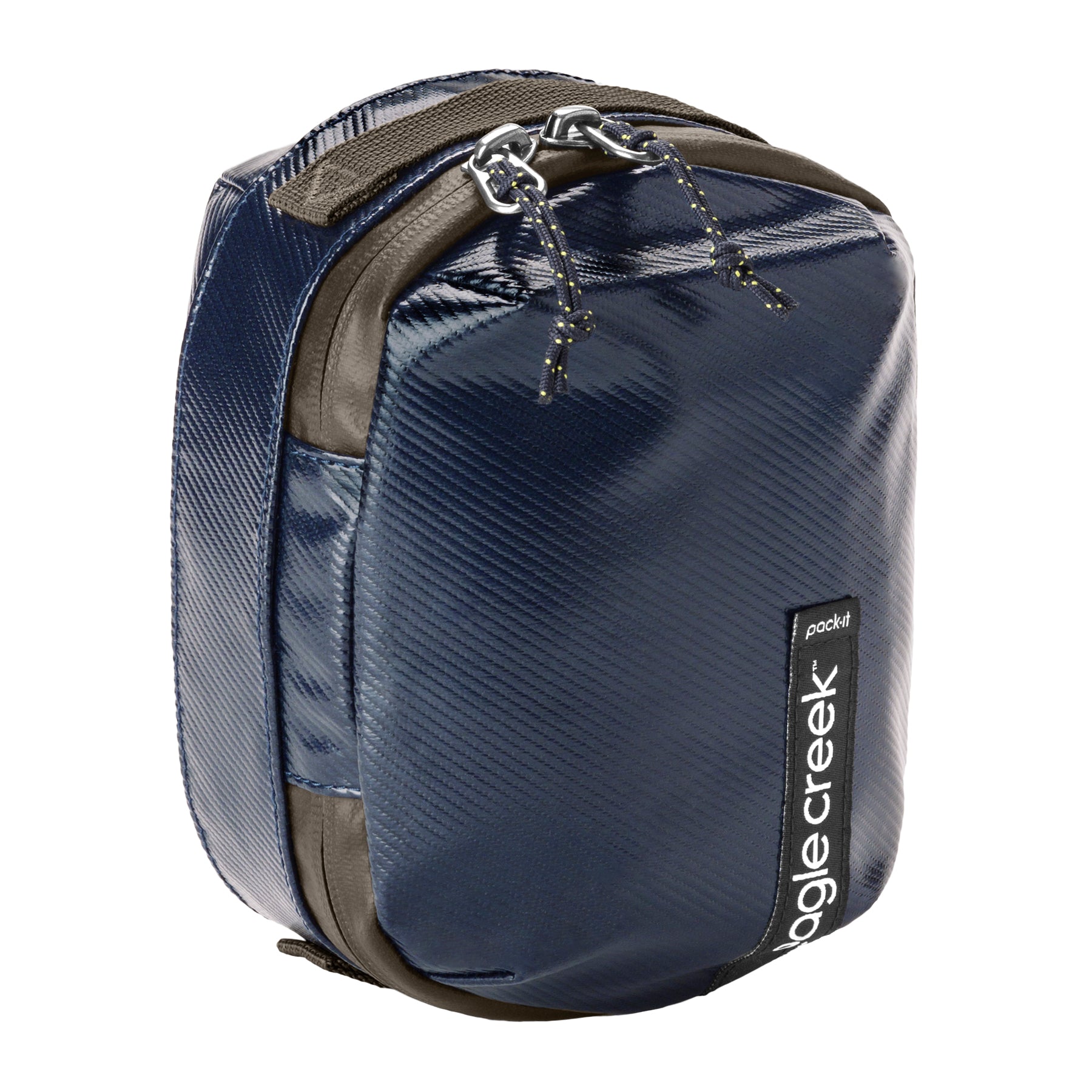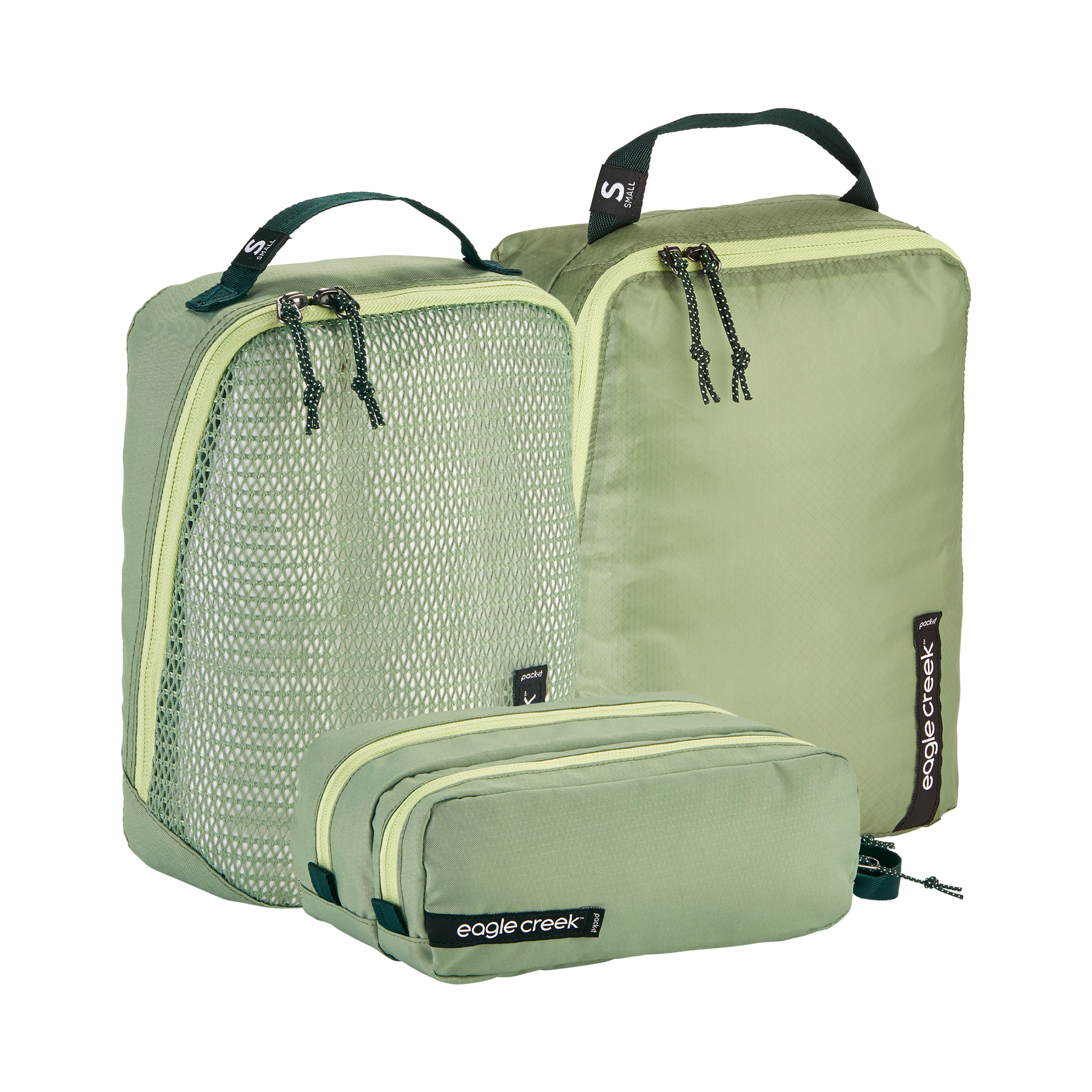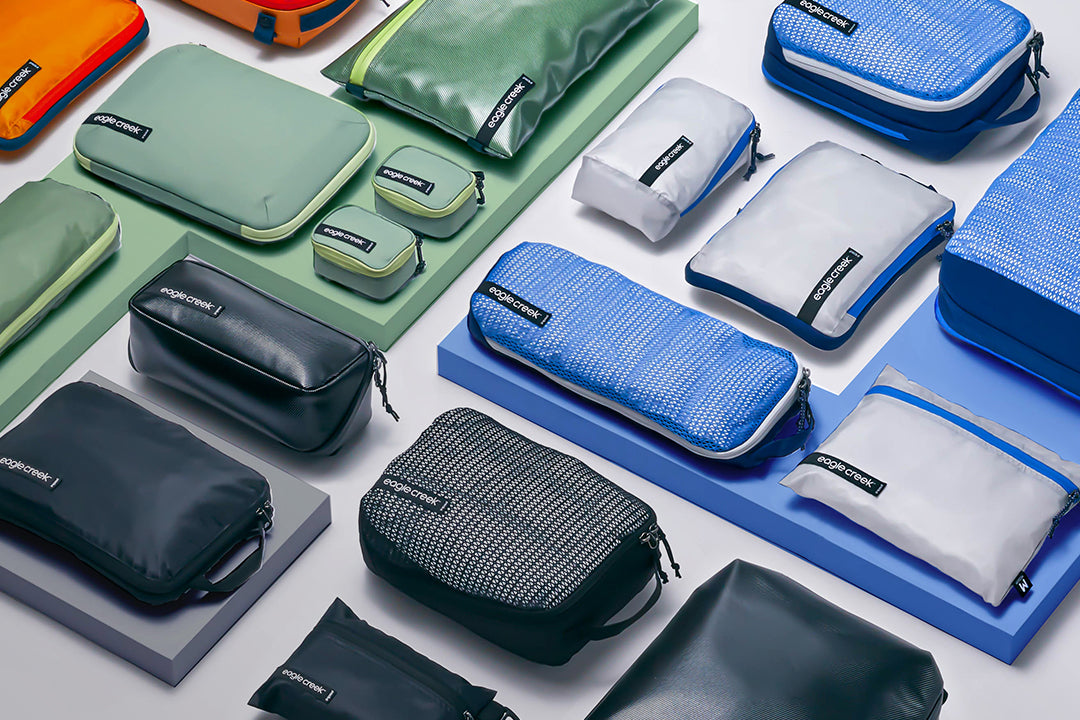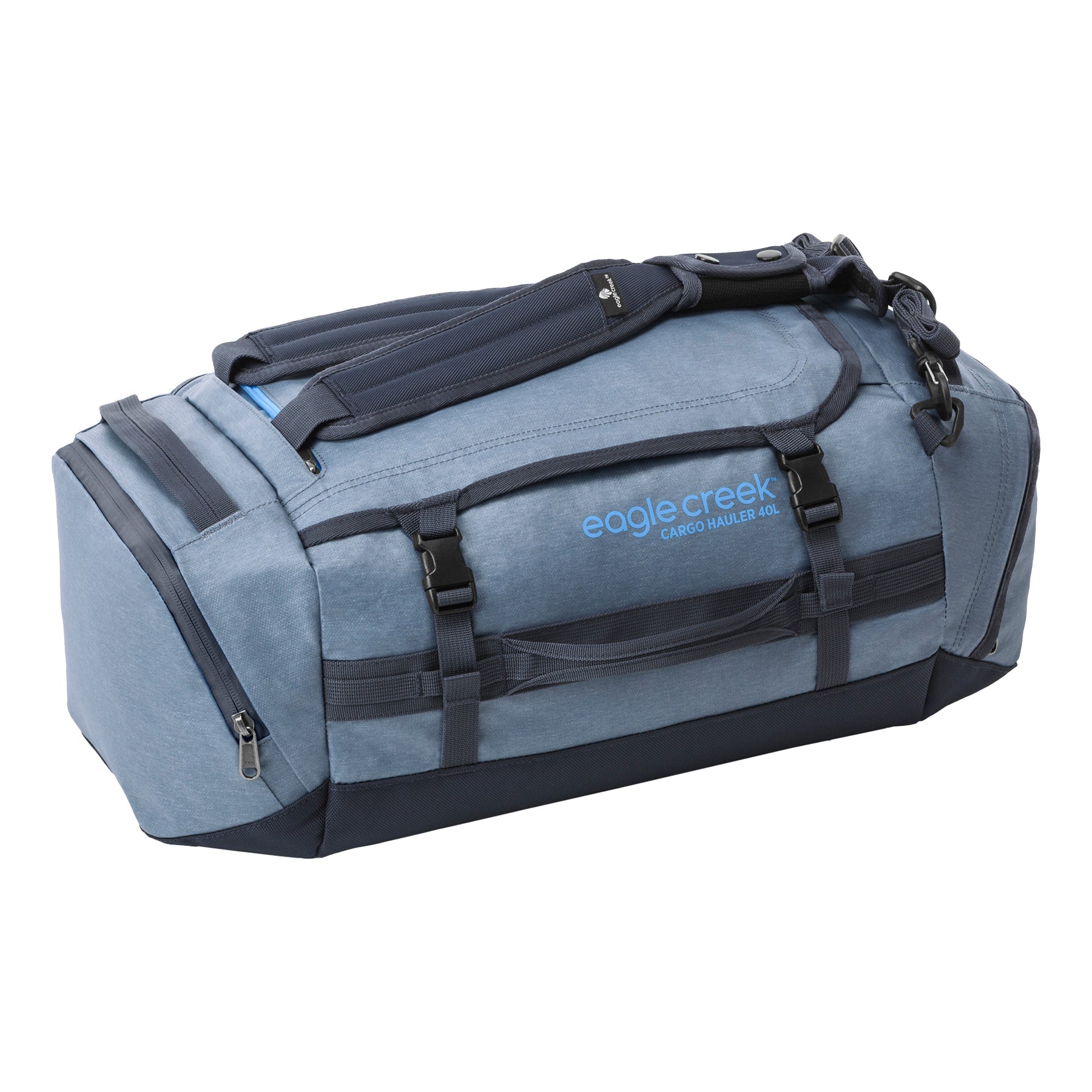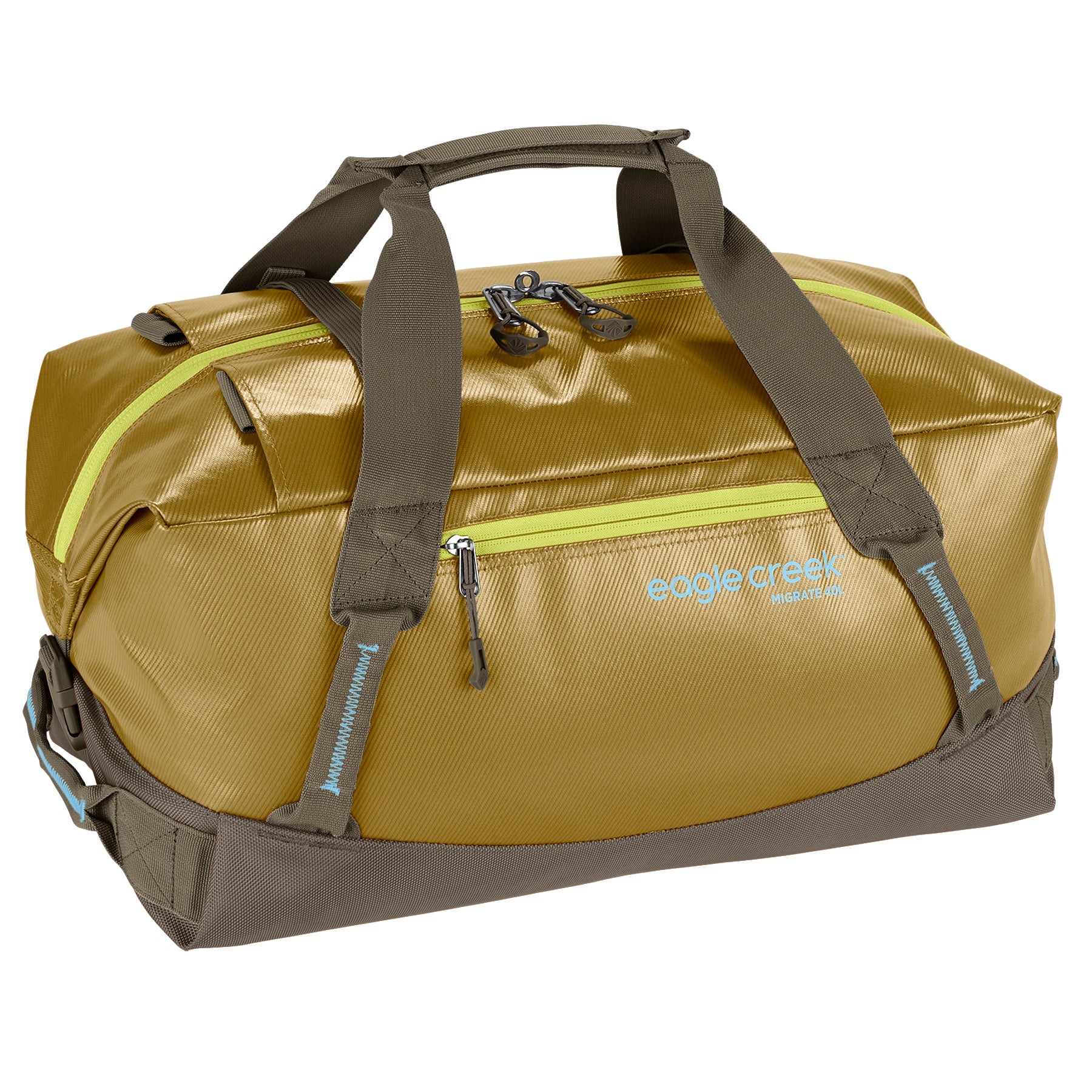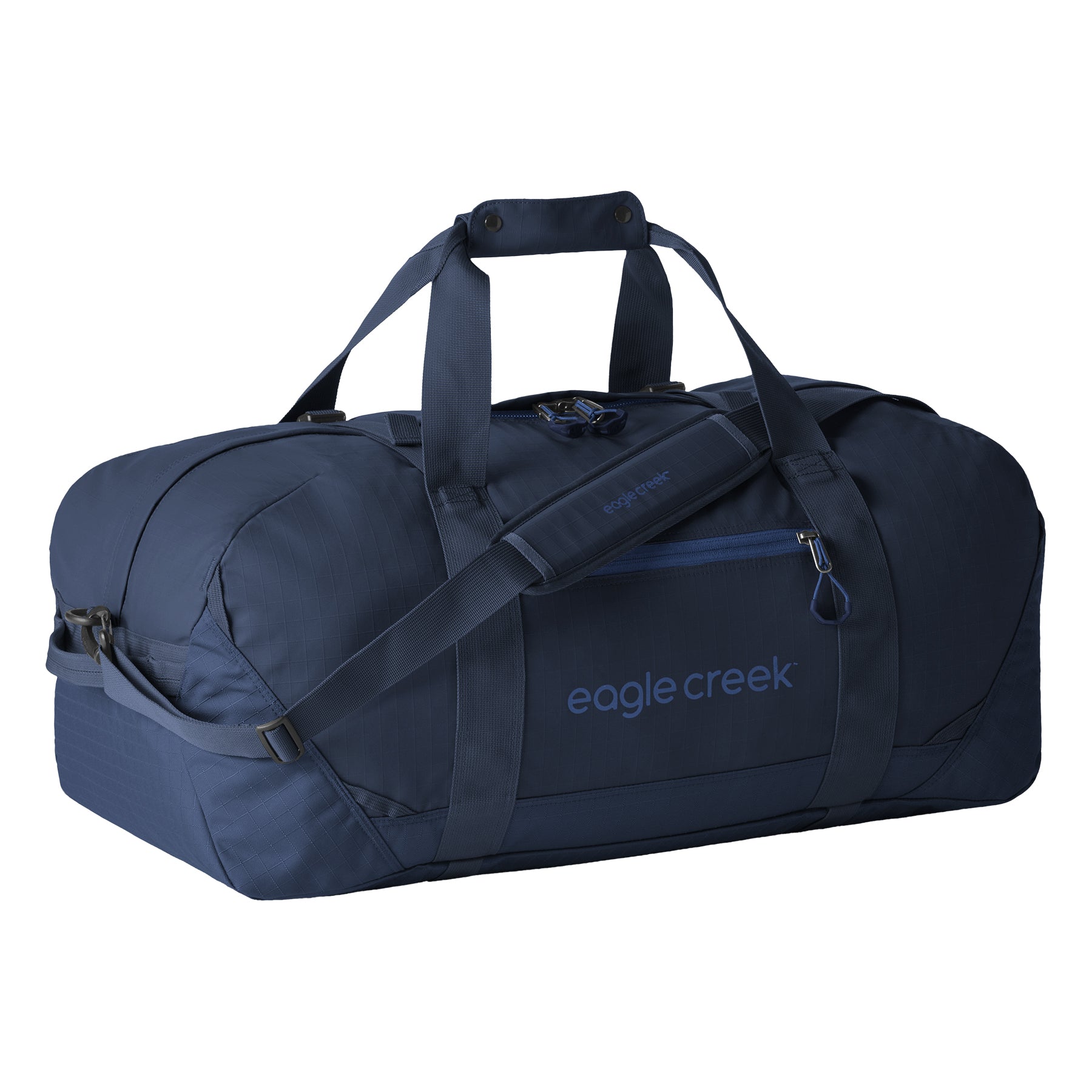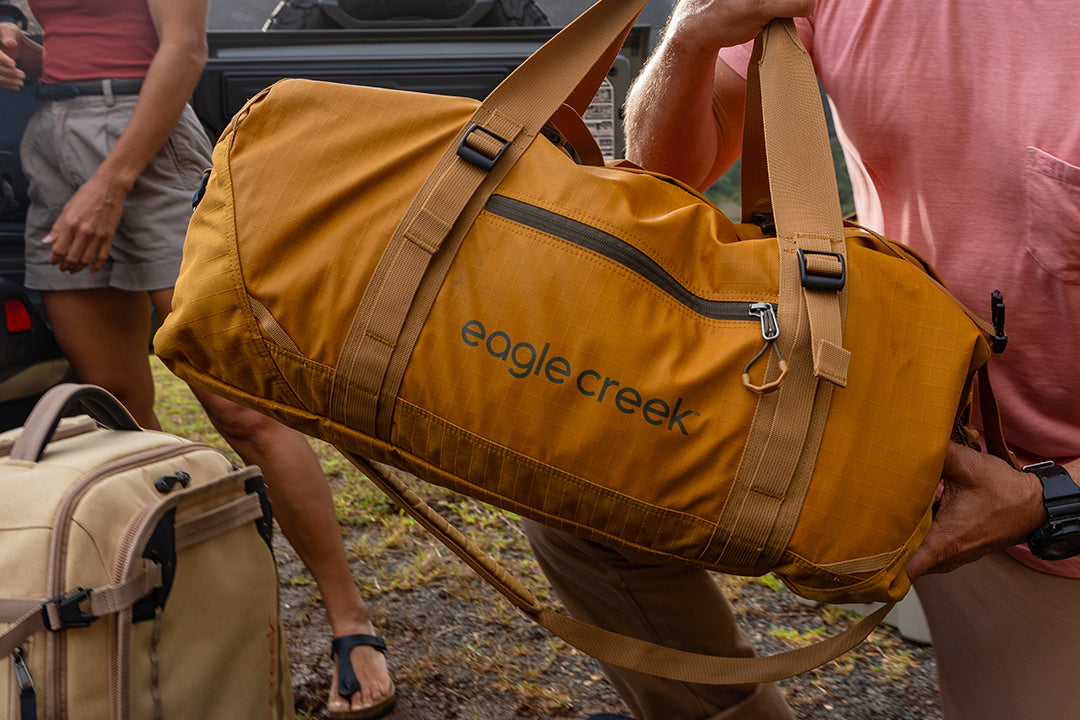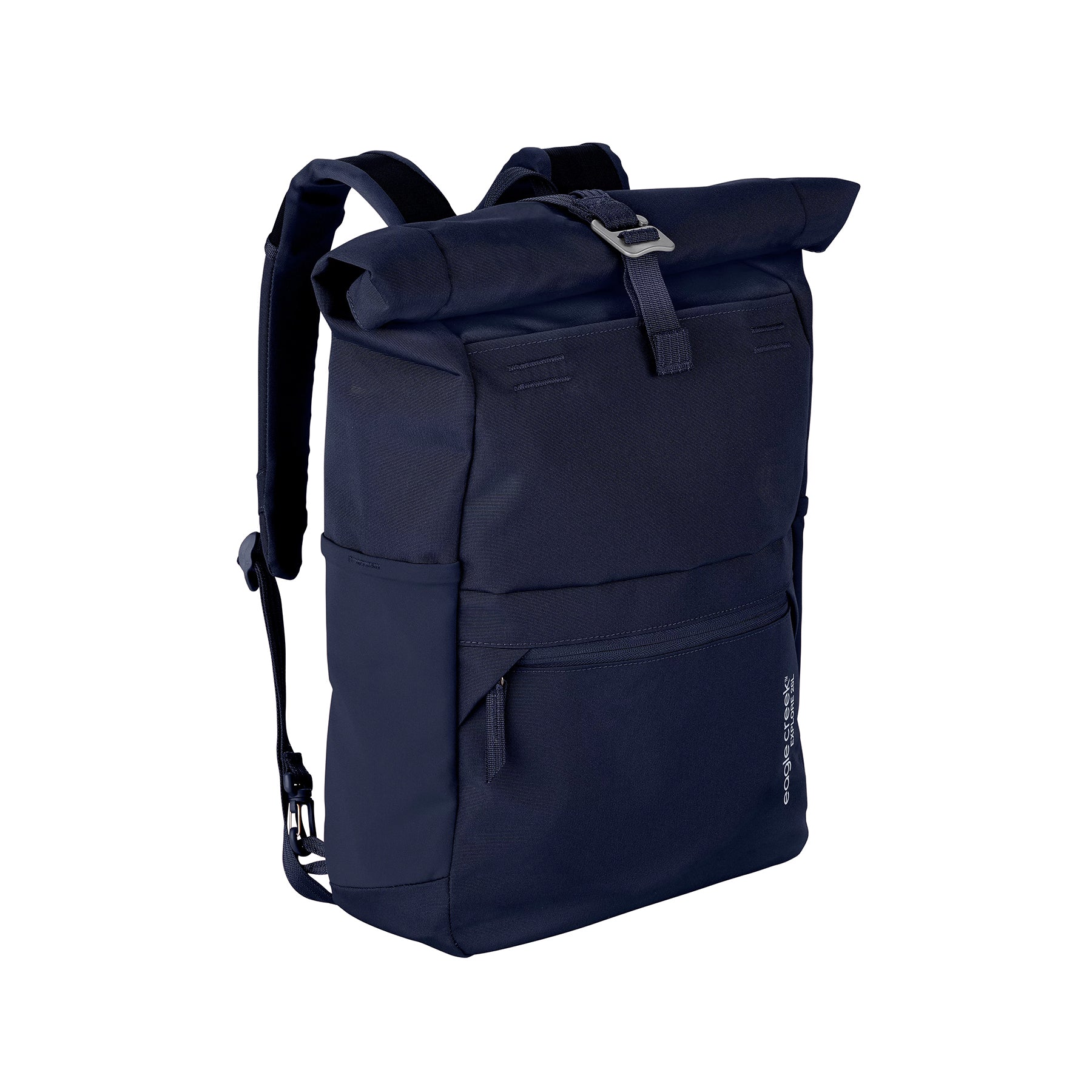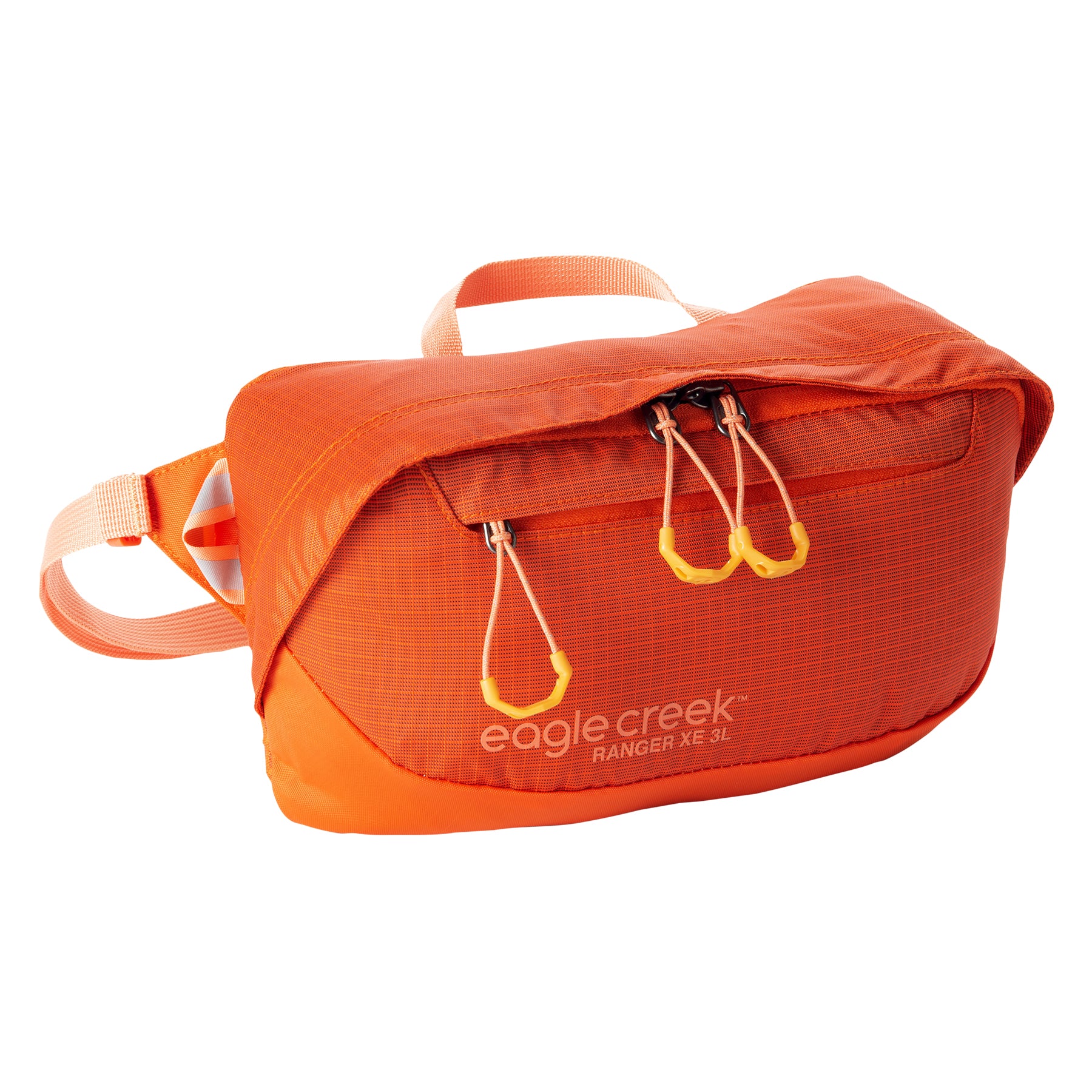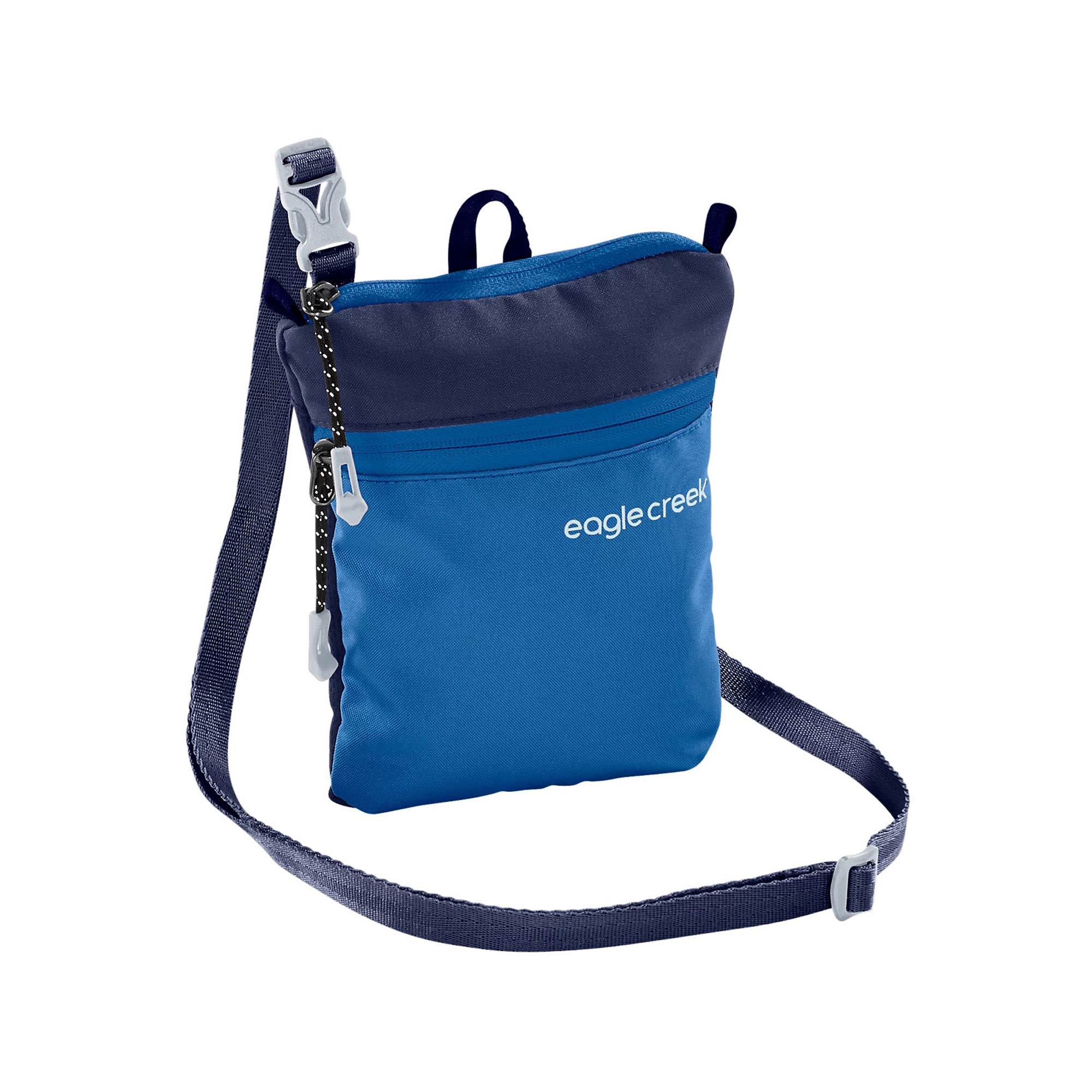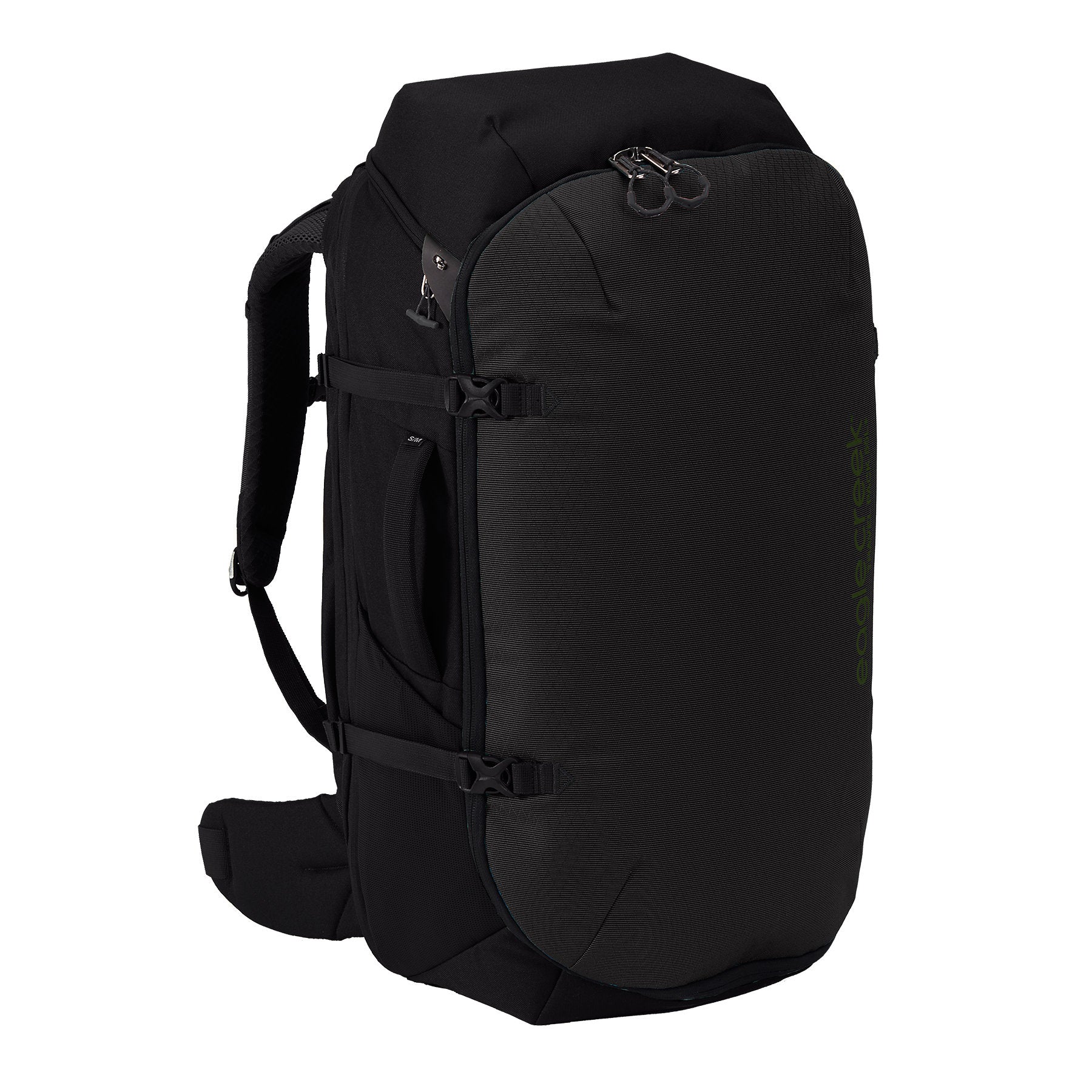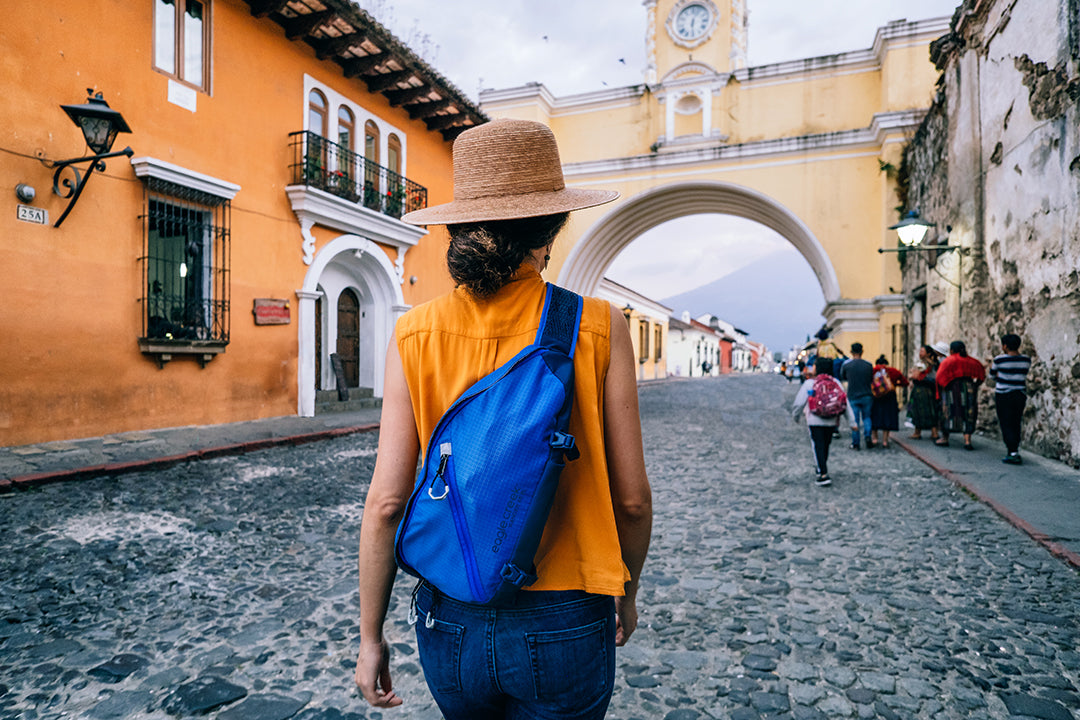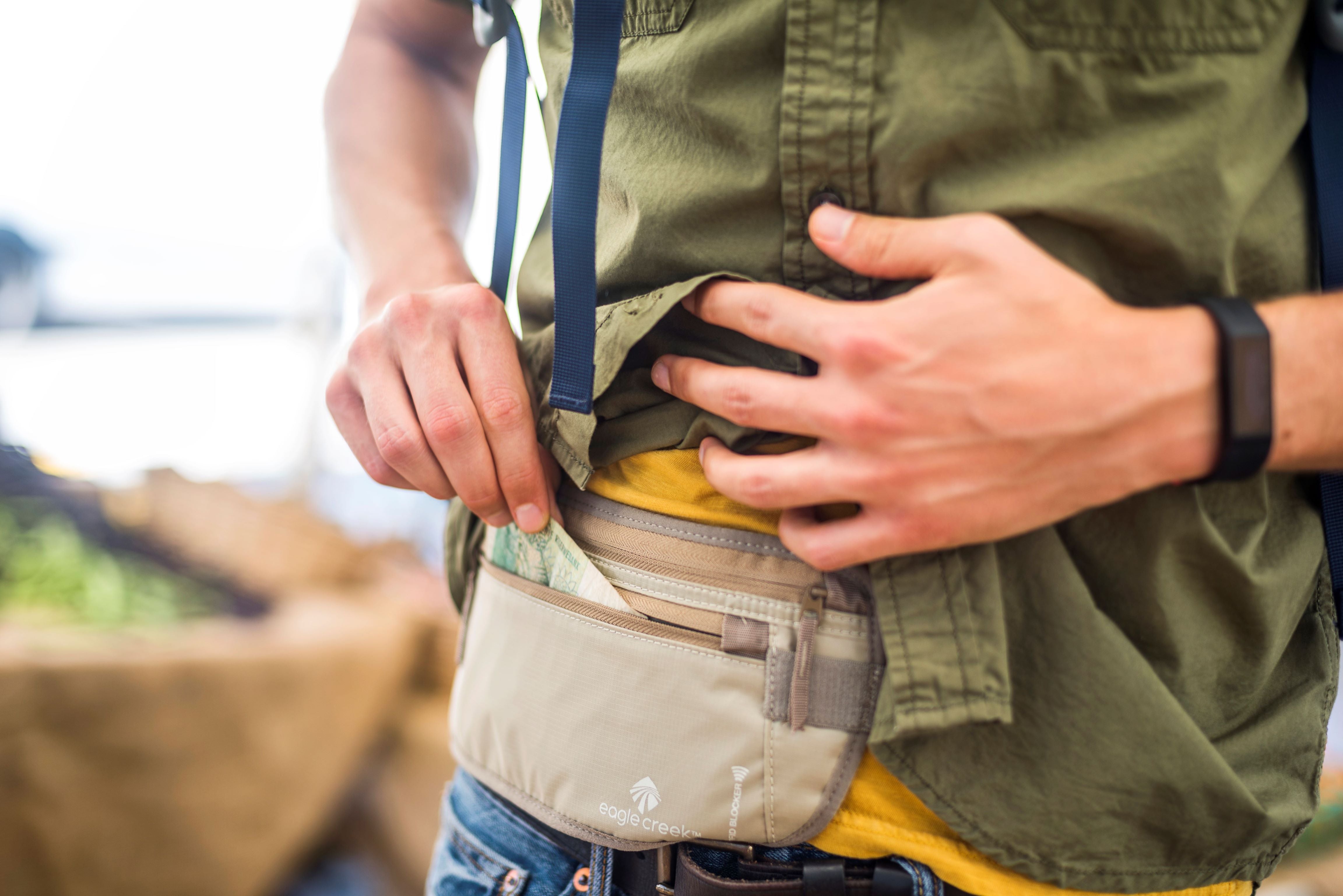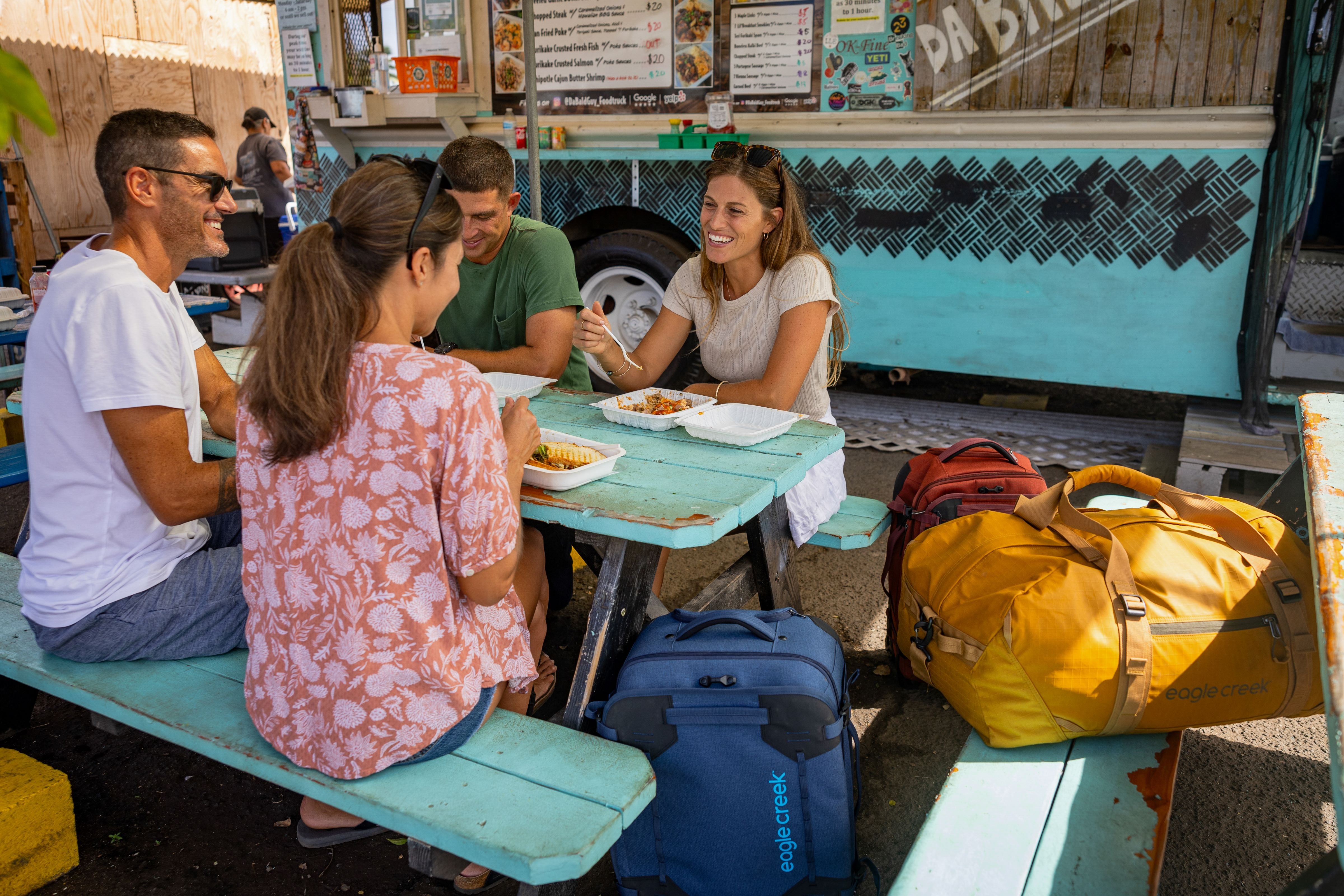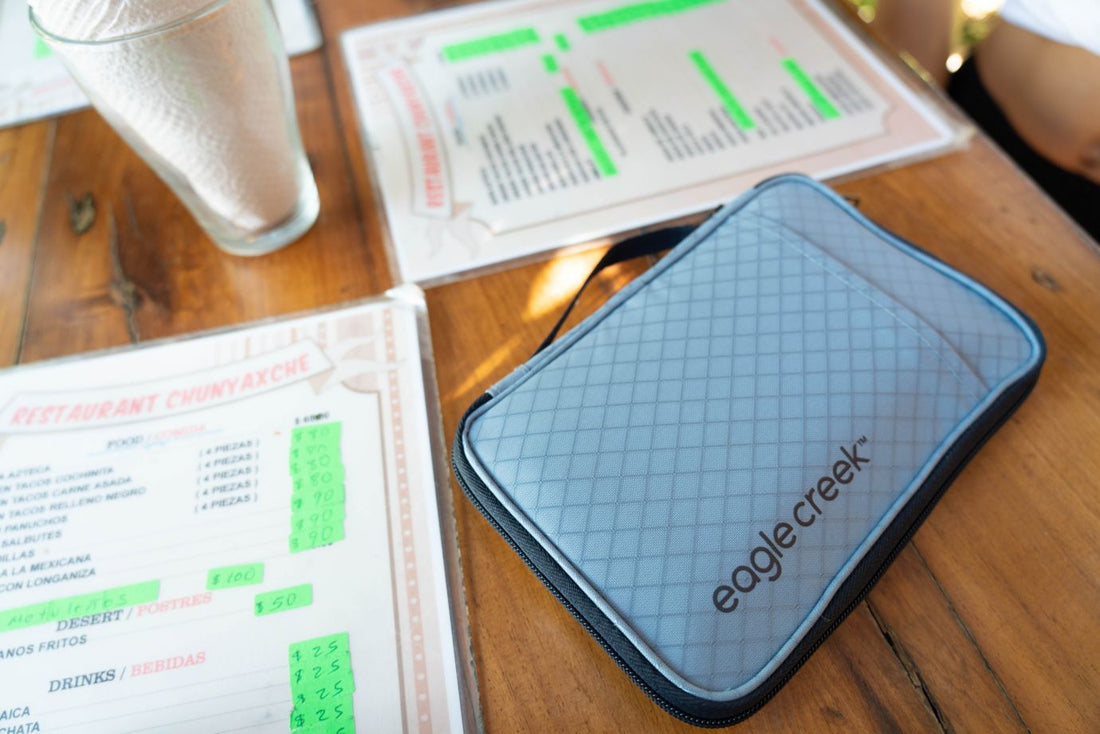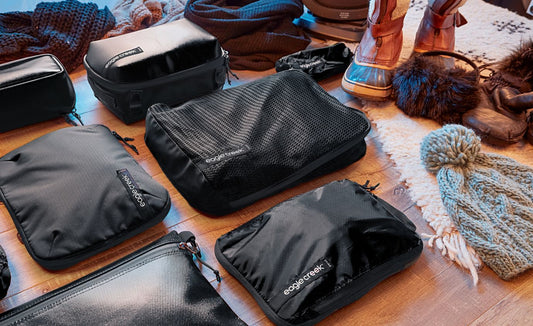
Your passport is the most important item that you carry when you travel. Learn which wallets and packing organizers will keep it—as well as visas, prescriptions, and other personal documents—secure. We’ll also show you how to use RFID technology to keep your personal and financial data safe from scammers—and prevent data theft—when you’re on the go.
They’re the most important things that you carry when you travel: your passport and personal documents. Not only does your passport identify you, but it single handedly gets you into and out of other countries. There are a number of ways to pack your passport and keep it safe, and this guide shows you all the options. It also covers the precautions that you should take to help prevent theft on the road using RFID technology—yes, your passport does need RFID protection, and we’ll show you what that means and how to easily keep your passport safe
Do Passports Need RFID Protection?
First off, let’s talk about the technology in your passport, whether you have a U.S. passport or one from anywhere else in the world. Since August of 2007, all U.S. passports contain RFID chips, which means yours has it. What is RFID? It stands for Radio Frequency Identification. These microchips transmit data and are often embedded in ID cards, passports, and credit cards. RFID microchips make transactions more efficient, including swiping your passport in and out of immigration.
For example, paying with your credit card at a register across the world—particularly in Europe—is as simple as tapping your credit card against a reader. The issue is, these chips contain personal and financial data that can be stolen even while the cards are safely stowed in your wallet or bag. Even though it’s hard to steal data from a closed passport, the rest of your cards and data need the RFID blocking protection provided by RFID wallets and waist belts.
Read on for a detailed guide to protecting not only your passport, but all of the data in your wallet.
How to Keep Your Passport Safe
1. Store Multiple Photocopies of Your Important Documents
First things first. When you travel, carry multiple copies of your passport. One ingenious tip from a long-term traveler I know is to put a copy in each of your bags, just in case you lose one. Then scan all of your personal documents. This includes the basics, like: passport, visas, prescriptions, doctors’ notes, etc. But don’t forget to scan the less obvious important items like your credit cards and applicable customer service numbers (that means scanning the front and back of every debit and credit card you’ll bring with you). Aggregate this information into a file and email it to yourself so that, in case you lose everything, you have a way to quickly access all of your important items.
Secondly, assess every card you’re taking on your trip. Find out which of your credit cards have RFID chips by calling your credit card company. (Quick tip: If the card says “Pay Pass” on it, or was the three WIFI bars indicating it can be “tapped” to pay for items, it definitely contains an RFID chip.)
2. Pick a Great RFID Wallet
Once you have your documents backed up, it’s time to keep your passport safe. Choose your baggage wisely. For most trips, you should have a safe place to store the bulk of your documents, cash, and credit cards, and then a more casual place to carry some local currency and the basics that you’ll use when you’re shopping and exploring. Yes, that means you want two wallets: your real wallet, and a small one that you use for small daily transactions.
Your safe place can vary depending on how you carry things when you travel. Eagle Creek has you covered on wallets and organizers, so it just comes down to understanding your travel style and picking the one that best suits your trip.
● RFID Travel Zip Organizer: This is a great basic wallet for travelers. Its roomy zippered compartment makes it both big enough to fit your passport comfortably and safe enough to ensure that it won’t fall out. It also has a RFID-blocker pocket to protect your personal data. Made of durable ripstop, this wallet goes the distance and holds up to even the toughest travel route. The front slip pocket is a great place to stash your cell phone, and it can easily accommodate 8.5” x 11” paper when folded. And with an attached handle—which pro travelers secure to their daypack with a carabiner—this organizer is a solid choice for multipurpose functionality.
● RFID Wristlet Wallet: Looking for something a little bigger? Maybe your traveling as a family, or you have multiple plane tickets, bus passes, or medical paperwork that you need to keep in one place, or even a small daybook or itinerary. The RFID Wristlet Wallet is your new best friend. The organizer is spacious, but still won’t take up too much room in a purse, backpack, or carryall. Like the Travel Zip Wallet, it has a RFID-blocker pocket big enough for your passports, so you can zip through TSA faster. And depending on the size of your phone case, you can even fit an iPhone inside!
● RFID Blocker Neck Wallet or RFID Blocker Money Belt: If you need something a little more secure and hidden for when you are out and about, you can’t go wrong with either of these safe ways to store your passport and credit cards.. Both of these options are perfect for ensuring that your passport and important items are safe while you’re out exploring for the day. You wear them under clothing, making it harder for crooks to notice and grab your wallet. The neck wallet comes with an internal mesh divider for greater organizational ability, and the strap is adjustable for better comfort. Made of ripstop and RFID blocker weave, the wallet is both durable and secure. The money belt has a soft elastic waistband and feels great against your skin. It’s roomy enough for your passport and currency, but slim enough that nobody will suspect you are wearing it. There are two zippered pockets to keep your stuff separated.
3. Keep Your RFID Cards & Passport Together
Keep your RFID credit cards in your RFID-blocking wallet. If you already have a secure place to store your passport, this slim wallet is a great one for days out sightseeing.
If you have to carry your cards and passport outside of your wallet, to block the RFID chips from being read, you can wrap your credit cards or your passport in aluminum foil. But having to unwrap and rewrap your credit cards and passport every time you want to use them is a hassle. Instead, stack your cards tightly, which will make them harder for a scanner to read any one particular chip, or for those on a budget invest in lightweight RFID Blocker Sleeves. Then use a waist pack to keep your cards together and close to your person.
That said, it really is best to use specific travel wallets that use technologically advanced fabrics that contain thin metal fibers to block frequency and keep your passport and cards safe.
4. Check Your Financial Statements
Keep tabs on your financial situation when you travel. Do this regularly if you’re on the road for weeks and months, or as soon as you return from your trip if you’re gone for just a couple of weeks. This is the best way to make sure there aren’t any suspicious charges. Don’t wait until your information has been compromised to start thinking about RFID safety. Take these first steps to protect yourself, and always check your bank statements to ensure that you’re the only person who’s been accessing your personal accounts.
No matter what your choice is for travel security, it’s important to have a safe place to stow your passport, as well as the host of other important documents and items that you have to carry when you travel.
Now pick up your essential travel security accessories and get packing knowing that you can keep your stuff secure when you travel
Related Links (from Eagle Creek blog):
Buying Guide: The Best Travel Accessories for Safety and Comfort
